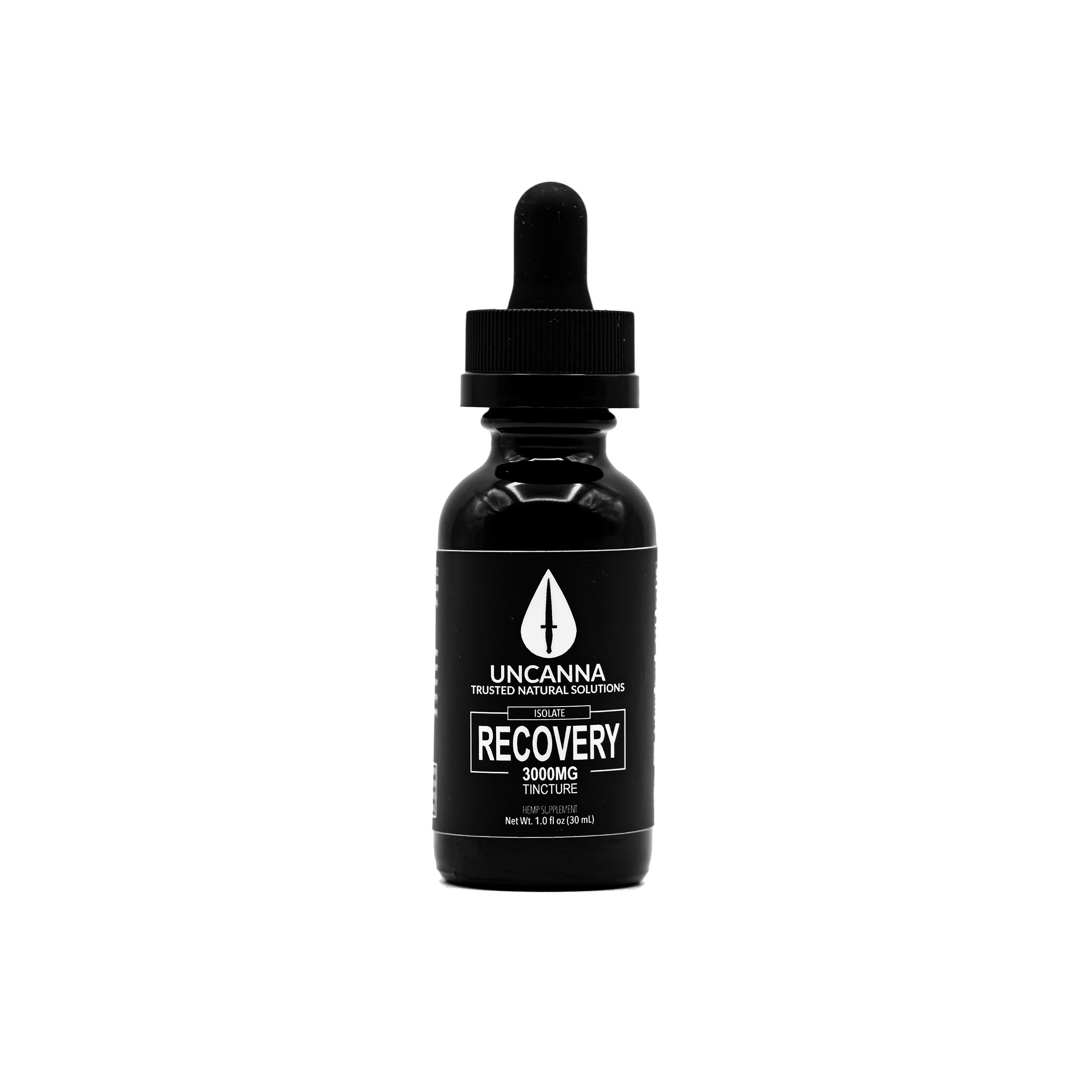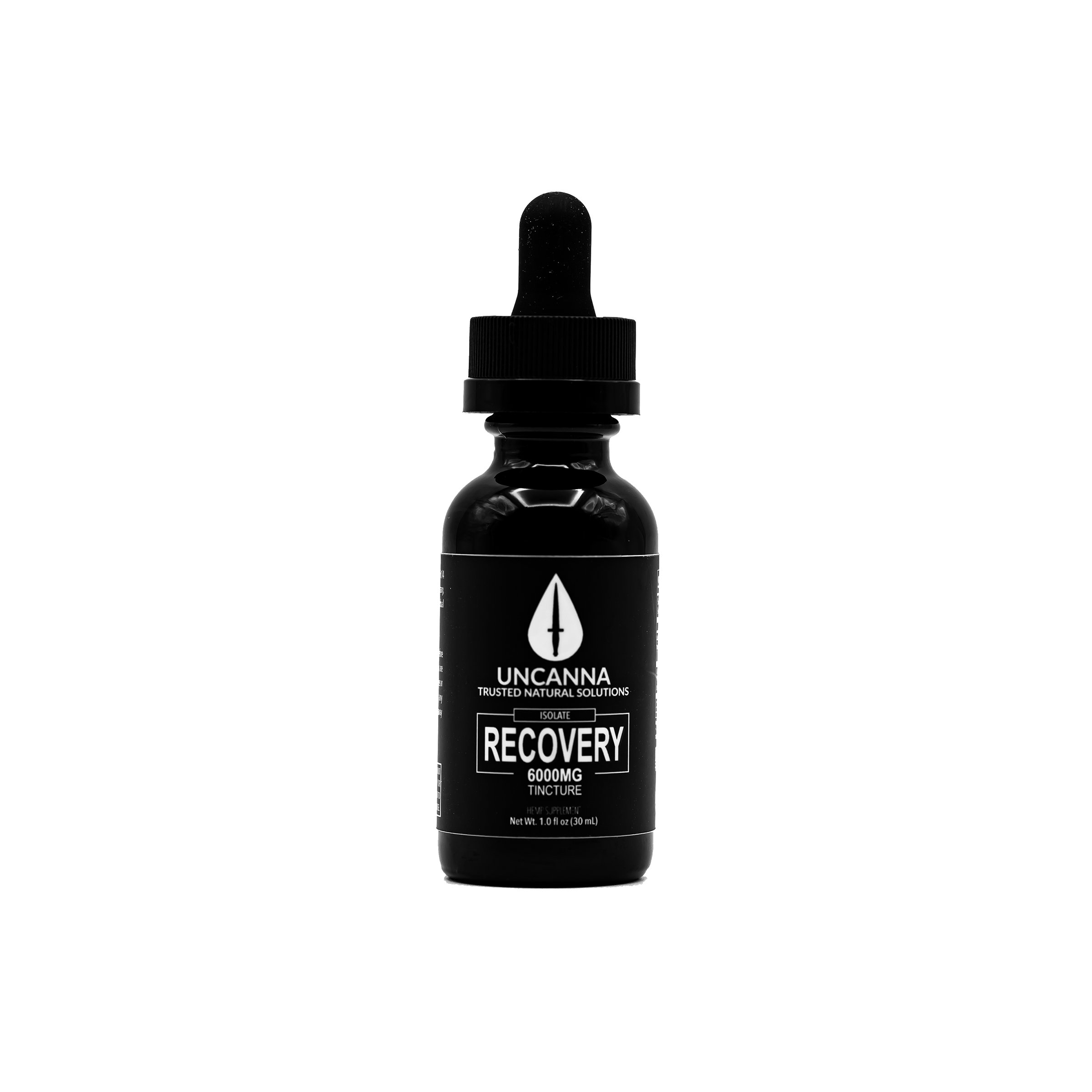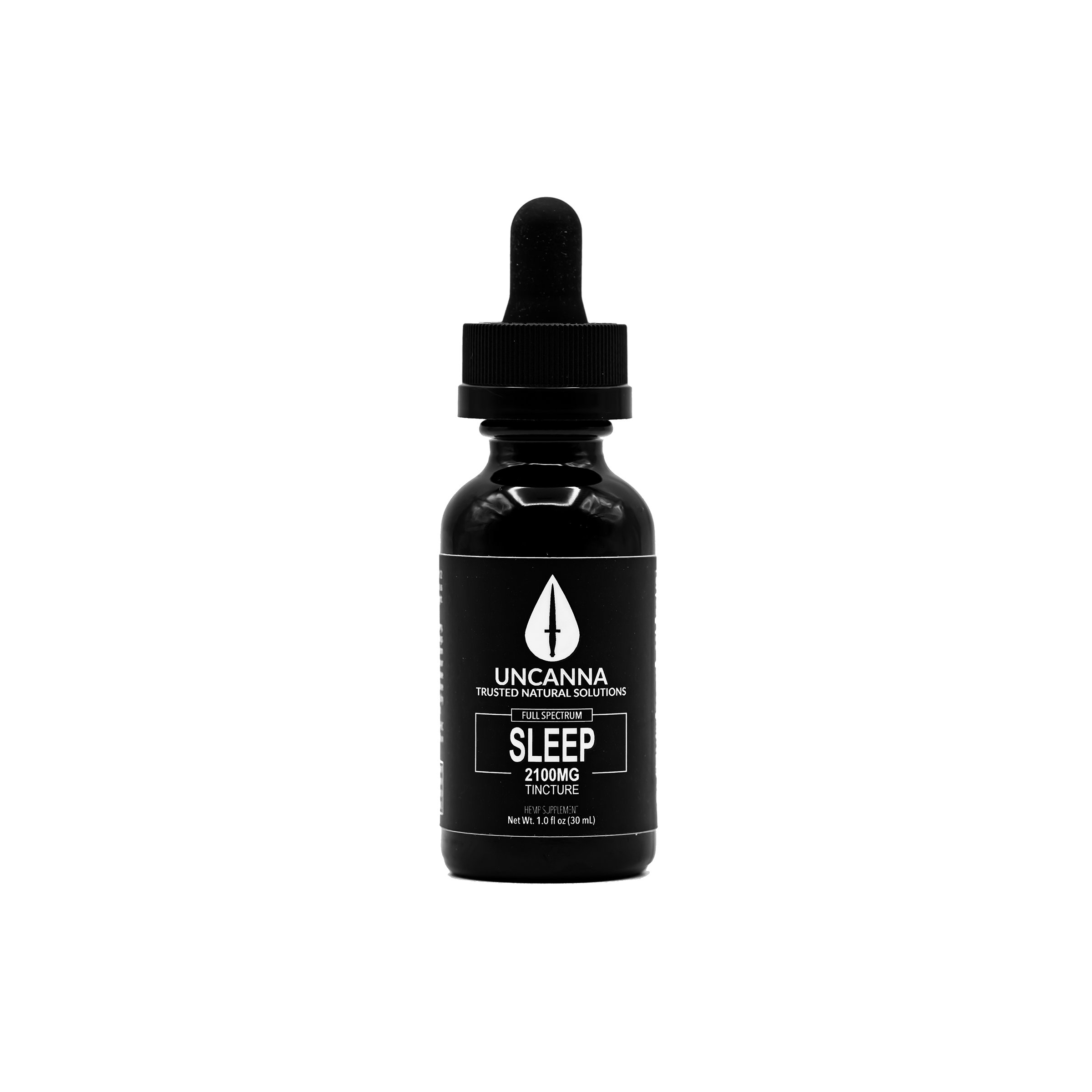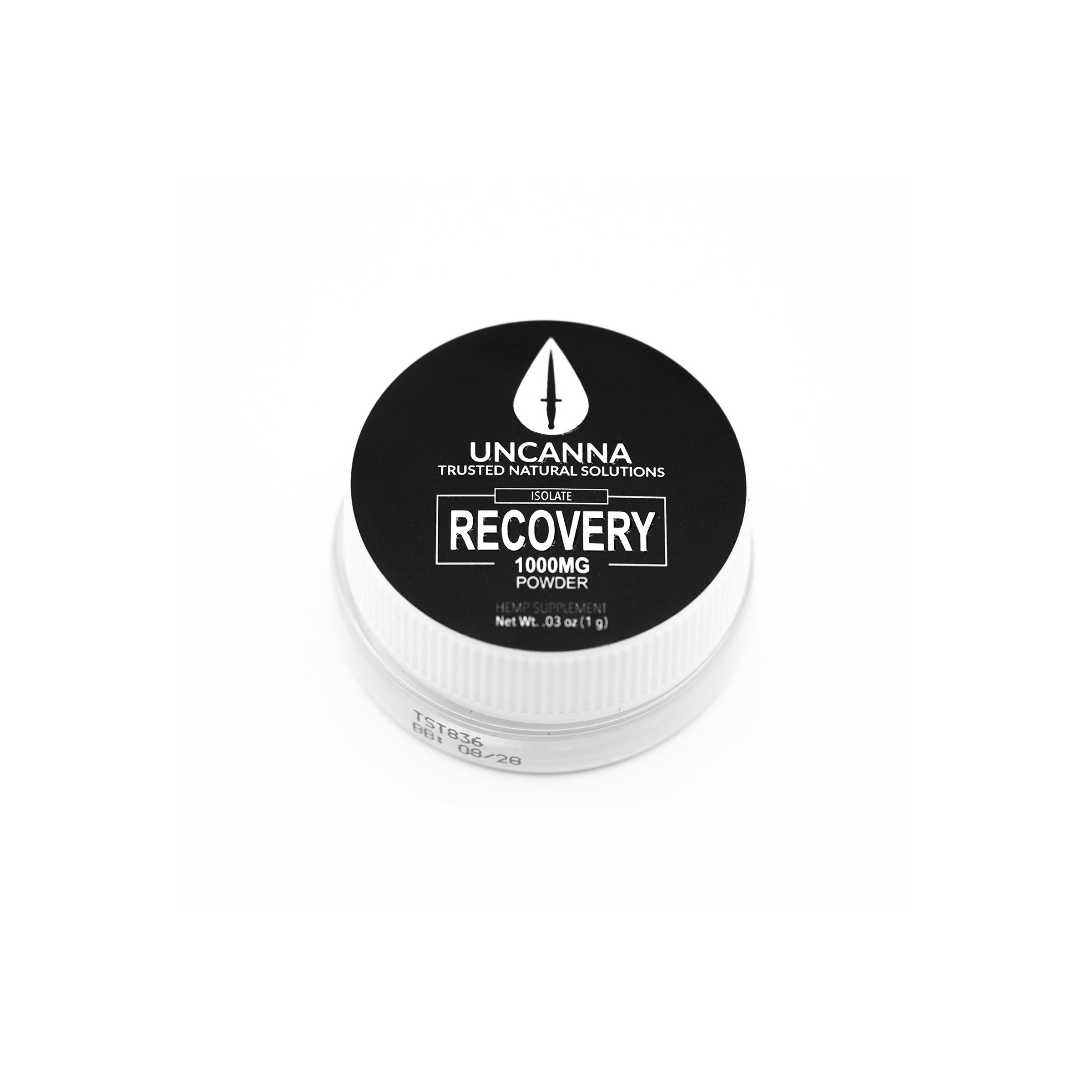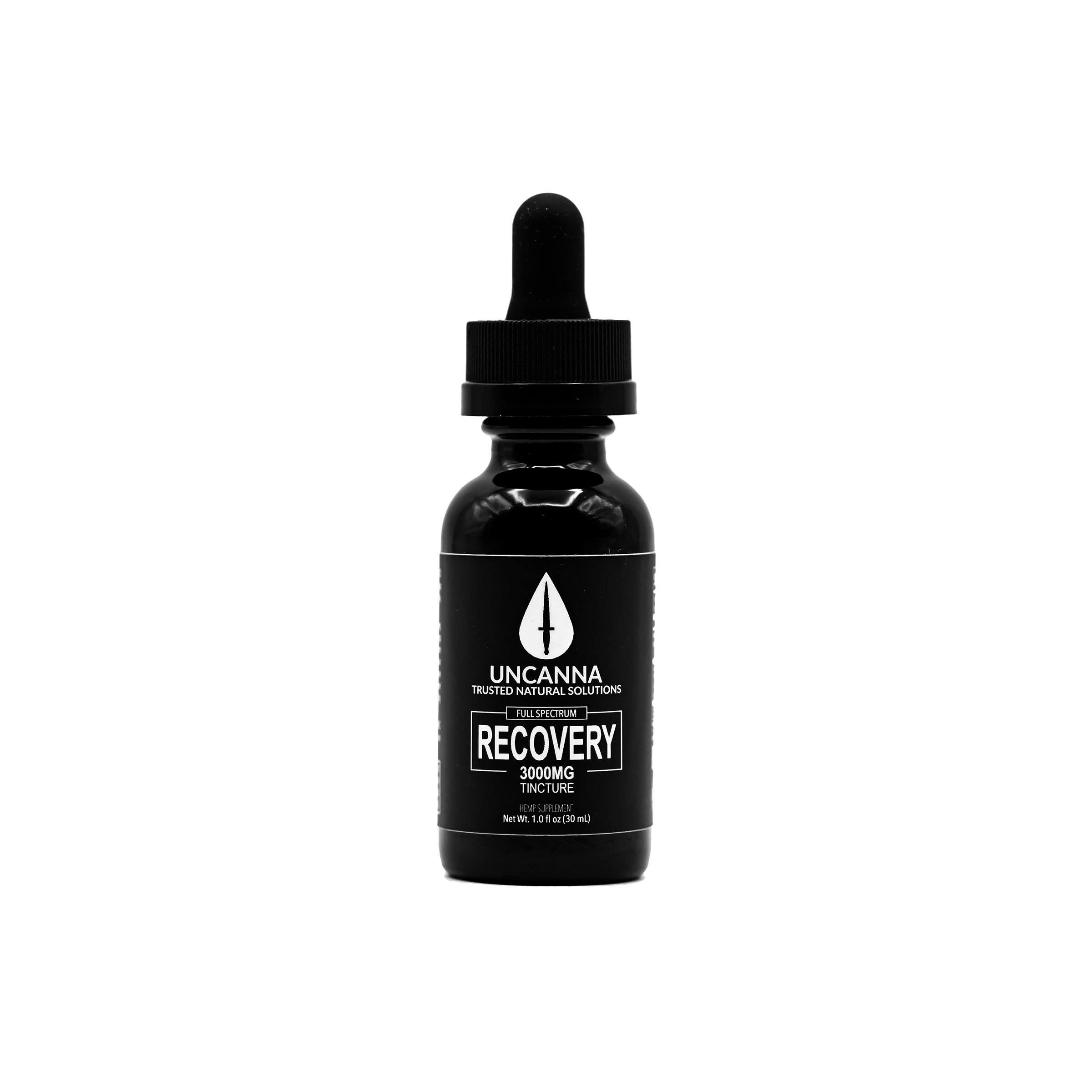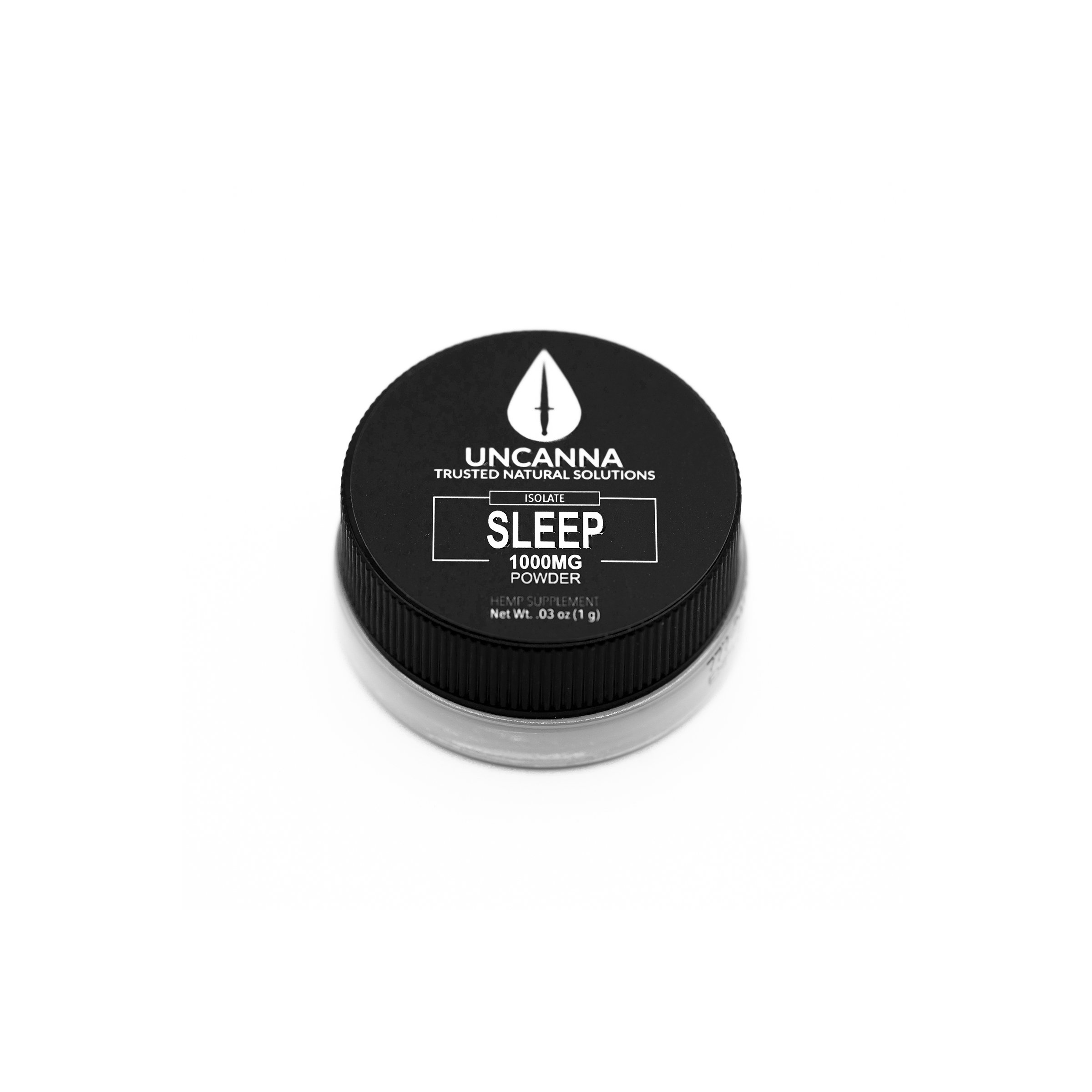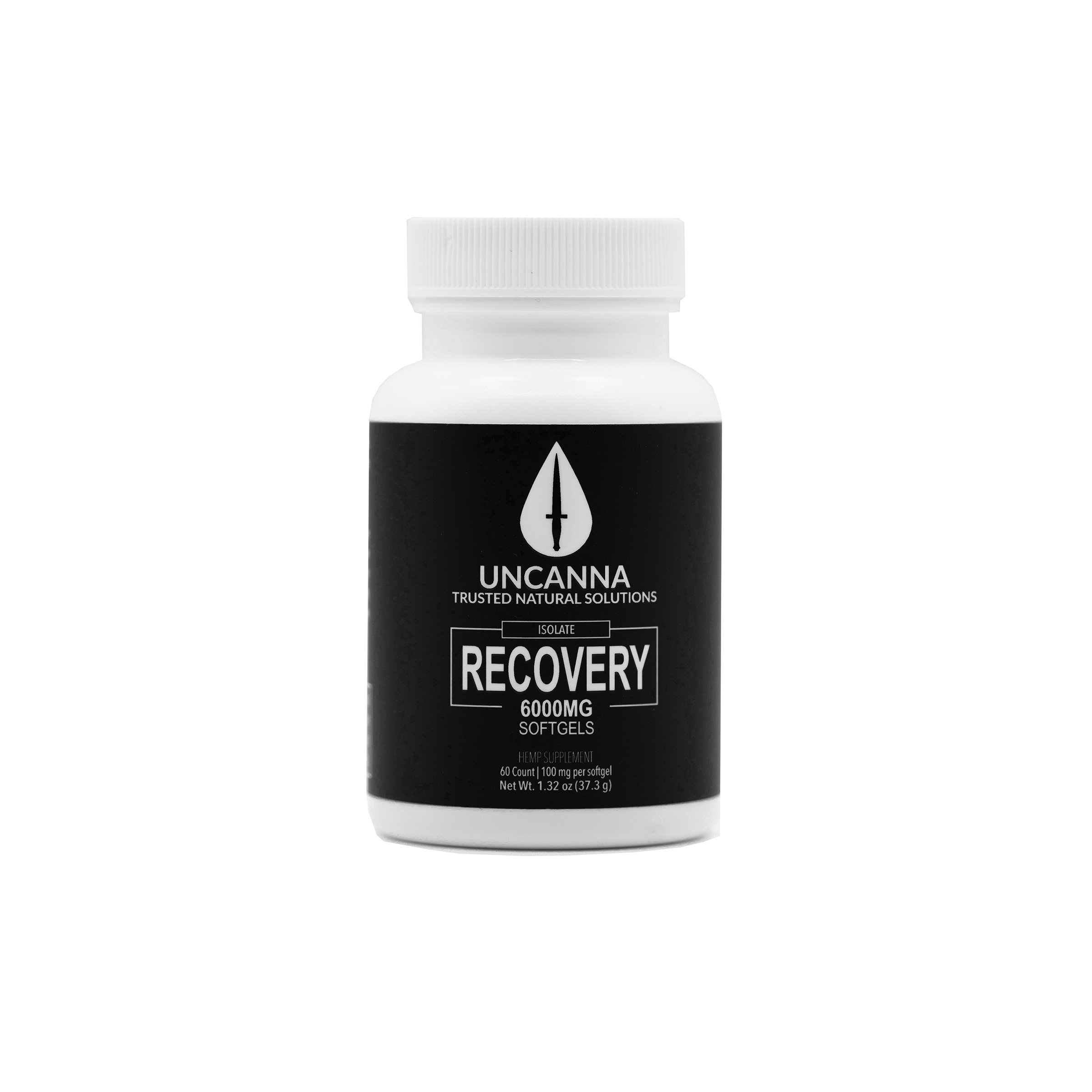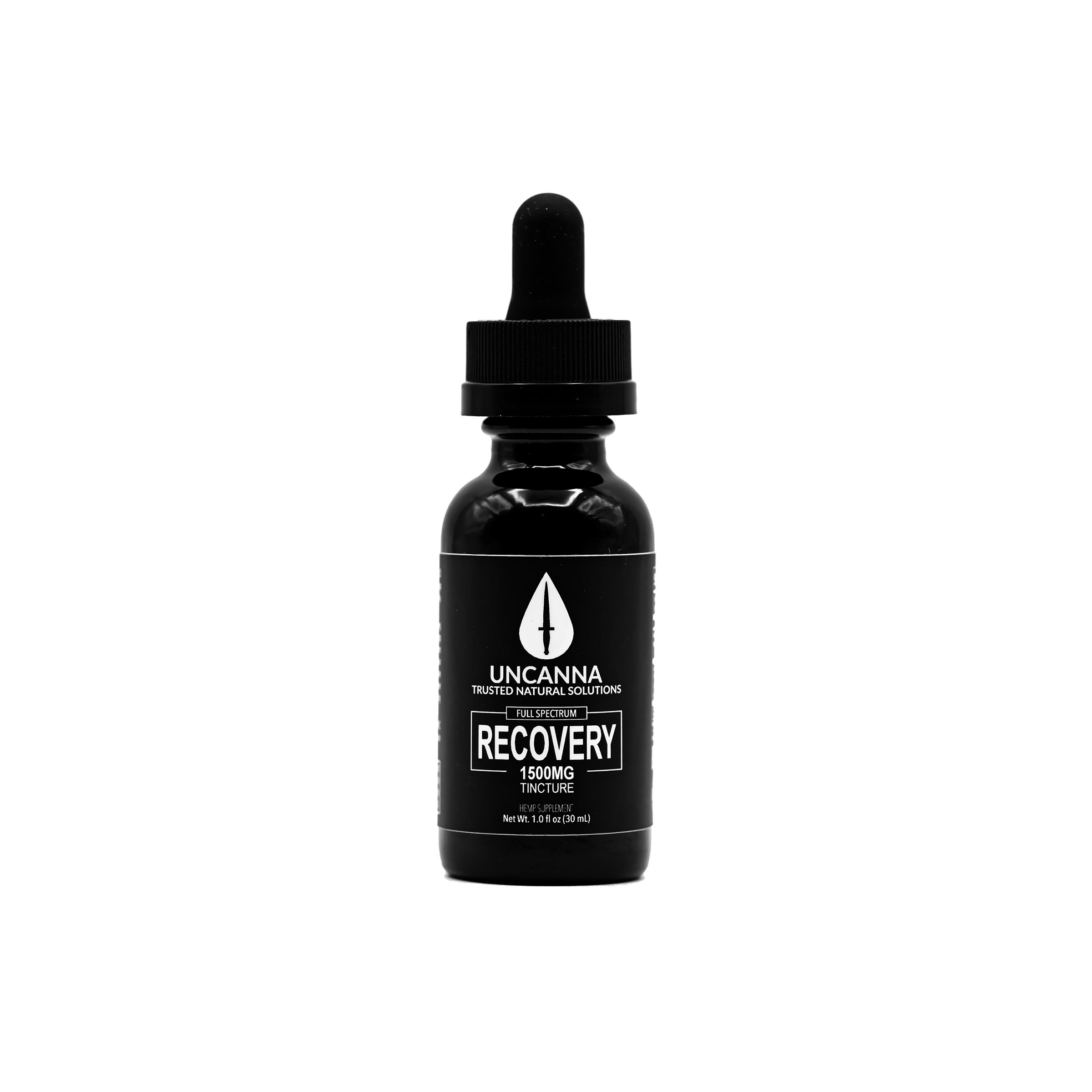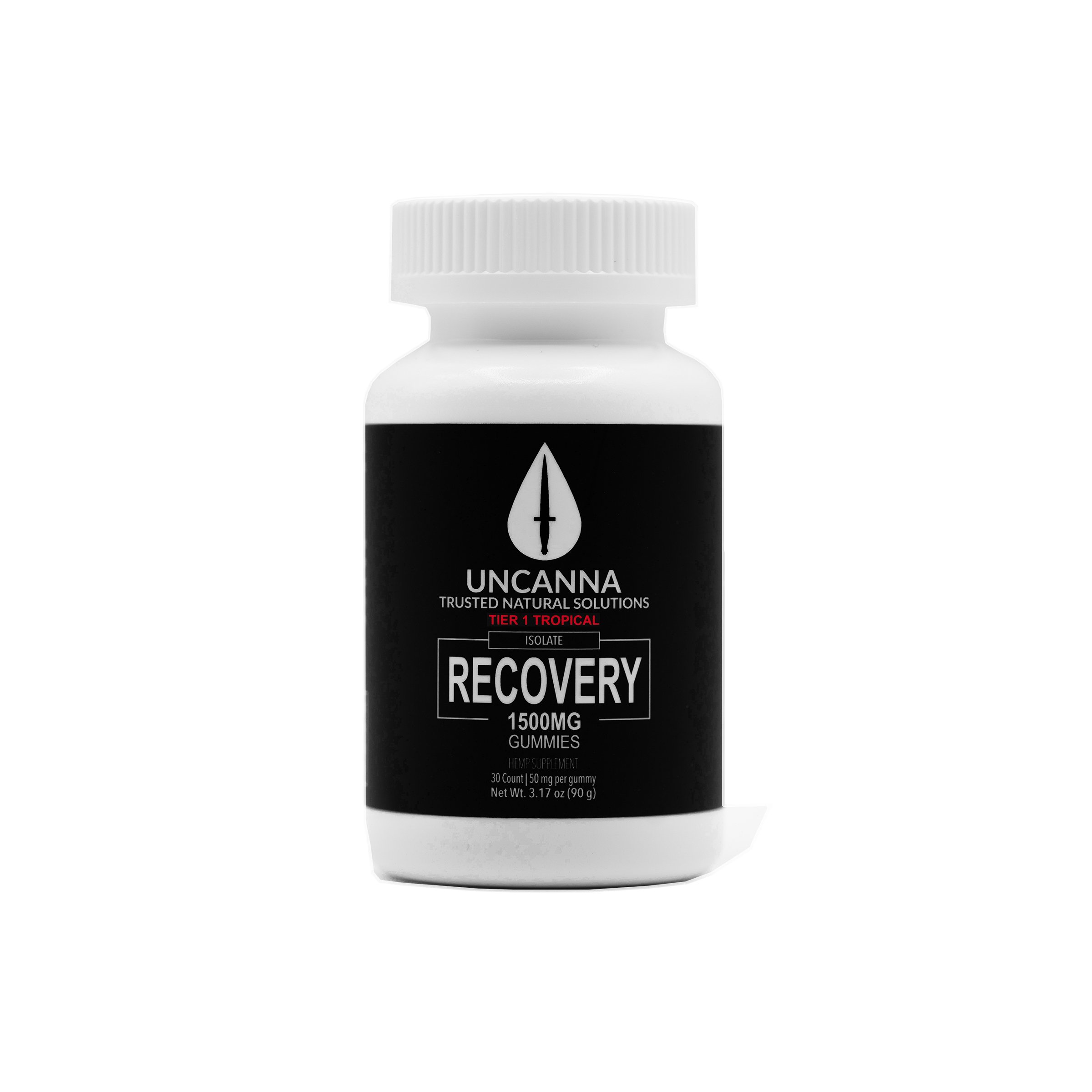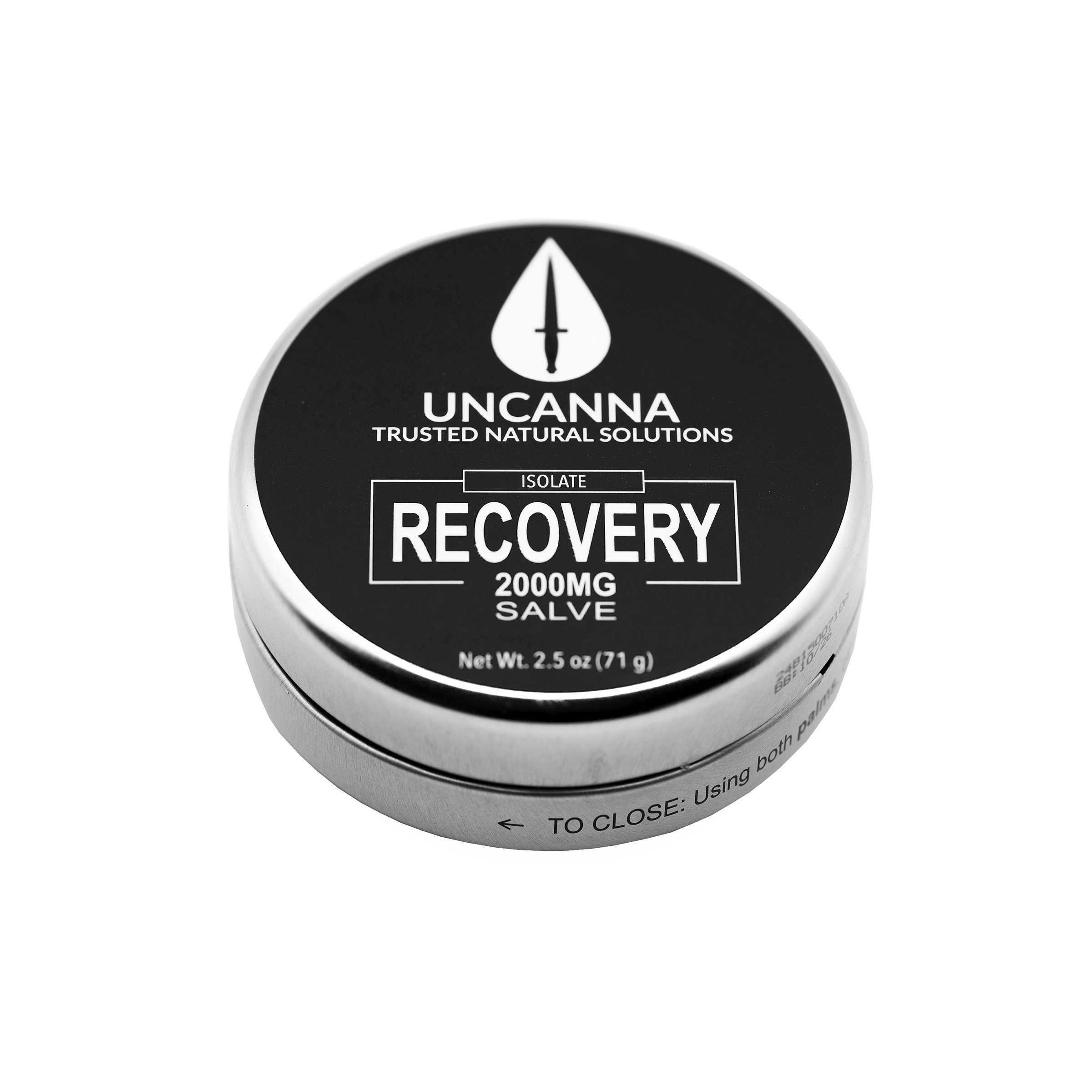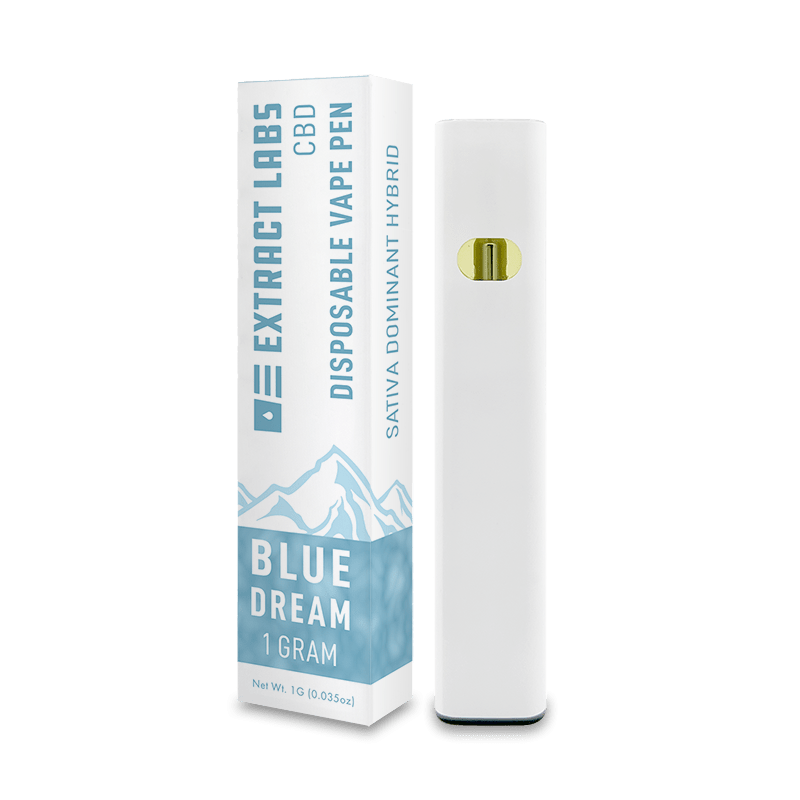CBD tinctures are one of the most versatile and approachable ways to experience hemp. They’re easy to use, simple to measure, and can be added into nearly any daily routine. But what exactly are tinctures used for — and how do people make them part of their lifestyle?
Let’s break it down, from what tinctures are to the many ways you can incorporate them into your day.
What is a CBD Tincture?
A CBD tincture is a concentrated hemp extract that’s blended with a carrier oil, such as MCT or hemp seed oil. The result is a liquid formula that can be taken by dropper, added into drinks, or even mixed with skincare products.
Unlike capsules or gummies, tinctures give you control over serving size — you can easily adjust up or down based on your preference. They’re also quick and discreet, which makes them a popular choice for everyday use.
Why People Reach for Tinctures
Tinctures have become a favorite for many because of their flexibility. Here’s why they’re such a go-to option:
- Ease of use → Simple droppers make it easy to measure.
- Fast-acting → Sublingual use (holding drops under the tongue) allows quicker absorption than edibles.
- Customizable → Adjust your serving size to fit your needs.
- Portable → Small bottles slip into a bag, desk drawer, or gym kit.
- Versatile → Can be taken straight, mixed with food and drinks, or blended into skincare.
Everyday Uses for CBD Tinctures
Start the day on the right note. A few drops of tincture in your morning tea, smoothie, or coffee can help create a sense of calm focus before the day gets busy.
Midday Reset
When the workday gets hectic, some people take CBD as a way to pause and find balance. A sublingual serving at lunch or during a break can fit seamlessly into a daily rhythm.
Evening Wind-Down
CBD tinctures are often part of evening routines — a dropperful before bed, blended into a cup of herbal tea, or simply taken directly to encourage relaxation before sleep.
Post-Workout Recovery
After a gym session or a long run, CBD tinctures can be part of a cool-down routine. Many people pair them with stretching, foam rolling, or even blending a few drops into massage oil to support recovery.
Skincare Add-Ins
CBD tinctures can also be added to unscented lotions or creams for a DIY topical. Just a few drops mixed into your moisturizer can provide extra nourishment and hydration.
CBD Oil Tinctures Vs. Other CBD Products
Why choose tinctures over gummies, capsules, or topicals? Each has its perks:
- Gummies & Capsules → Pre-measured, convenient, and discreet.
- Topicals → Best for external application, such as skincare or sore spots.
- Tinctures → Most versatile; customizable, adjustable, fast-acting, and multi-use.
Many people keep more than one format on hand — tinctures for flexibility, gummies for convenience, and topicals for targeted care.

How to Take CBD Tinctures
Tinctures are one of the most versatile CBD products because you can use them in multiple ways:
- Sublingual: Place drops under the tongue and hold for 30–60 seconds before swallowing. This allows quicker absorption.
- Mix with food or drink: Stir into smoothies, teas, salad dressings, or even drizzle over a finished dish.
- Topical blend: Combine with a favorite lotion or balm for external use.
Tip: If you’re cooking with tinctures, avoid direct high heat — it can degrade cannabinoids. Add CBD after cooking, not during.
CBD Tincture and CBD Oil Terminology
Since the terms’ meanings crossover, it may be a bit confusing to CBD beginners. The chart below explains what qualifies under what definition. Check out our blog CBD oil vs CBD tincture post for further reading.

Isolate, Broad Spectrum and Full Spectrum CBD Oil
There’s more than one kind of tincture, and understanding the differences helps you choose the right one:
- Full Spectrum → Contains CBD along with trace amounts of THC (under 0.3%) and other cannabinoids and terpenes. Many prefer this for the “entourage effect.”
- Broad Spectrum → Includes a range of cannabinoids and terpenes but with THC removed. A great middle ground.
- Isolate → Pure CBD with no other plant compounds, ideal for those wanting only cannabidiol.
Some tinctures are also flavored (think mint, citrus, or berry) to make them more enjoyable, while others are kept natural for mixing into recipes.
Featured Category
CBD Oil Tinctures
Find a formula that fits your needs with our diverse CBD Oil line featuring the highest quality cannabinoids.
-
Quick ViewSelect options
Organic CBD Oil | Daily Support
From: $64.99 -
Quick ViewAdd to cart
-
Quick ViewSelect options
Organic CBD Isolate Oil | Daily Support
From: $94.99 -
Quick ViewAdd to cart
CBN Oil | PM Formula
$79.99 -
Quick ViewAdd to cart
-
Quick ViewAdd to cart
CBC Oil | Relief Formula
$99.99
CBD Oil Dosage: How Many Drops of CBD Tincture Do I Take?
If tinctures are new to you, keep these tips in mind:
- Start low, go slow → Begin with a small serving size and increase gradually as you learn what works for you.
- Stay consistent → Daily use often brings the best results; think of CBD as part of a wellness routine, not a one-time fix.
- Track your routine → Some people keep a journal to note timing, amount, and how they feel afterward.
- Check quality → Look for third-party lab results to confirm potency and purity.

Things to Keep in Mind
CBD is generally well tolerated, though some people may experience mild effects such as dry mouth, drowsiness, or digestive changes. Because CBD can interact with certain medications, it’s always smart to talk with your healthcare provider before adding it to your routine.
The Bottom Line
CBD tinctures are popular not because of any single “use,” but because of their versatility. They can slip into morning coffee, support balance during a busy workday, be part of an evening wind-down, or even elevate your skincare.
If you’re curious about adding CBD tinctures into your wellness routine, start small, stay consistent, and choose high-quality products you can trust. With a little experimentation, tinctures can become one of the most adaptable tools in your CBD lineup.
Disclaimer: These statements have not been evaluated by the Food and Drug Administration. CBD products are not intended to diagnose, treat, cure, or prevent any disease. This content is for educational purposes only and should not replace professional medical advice.












